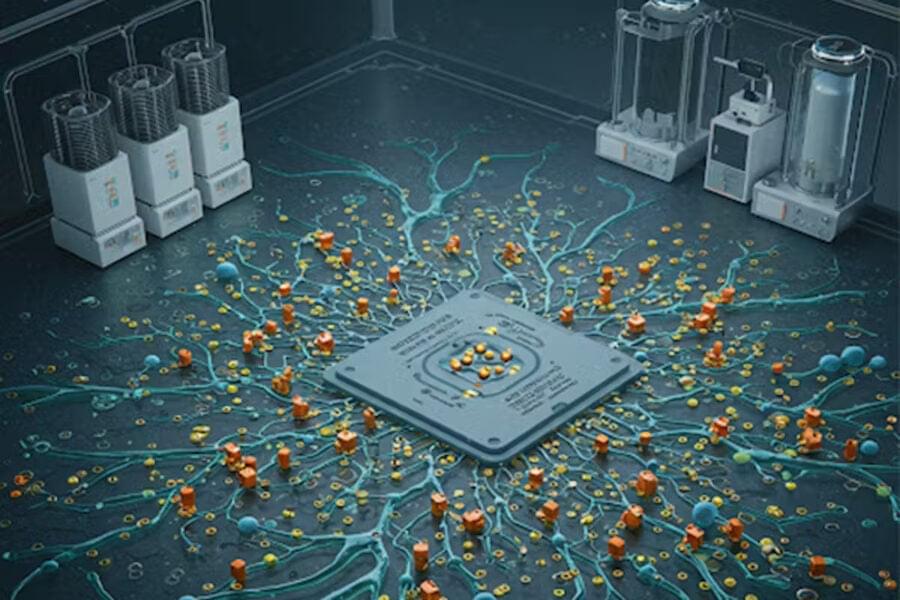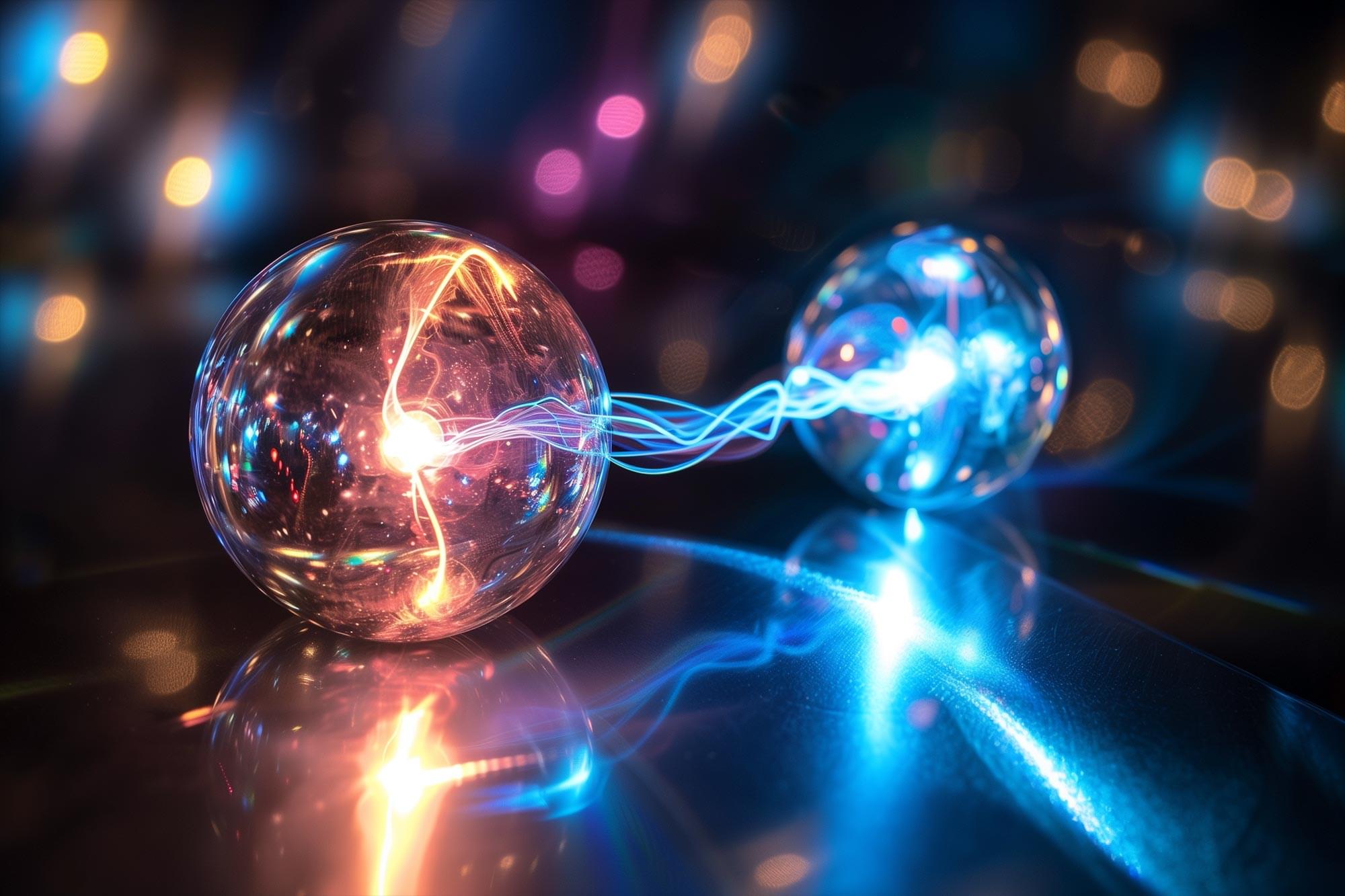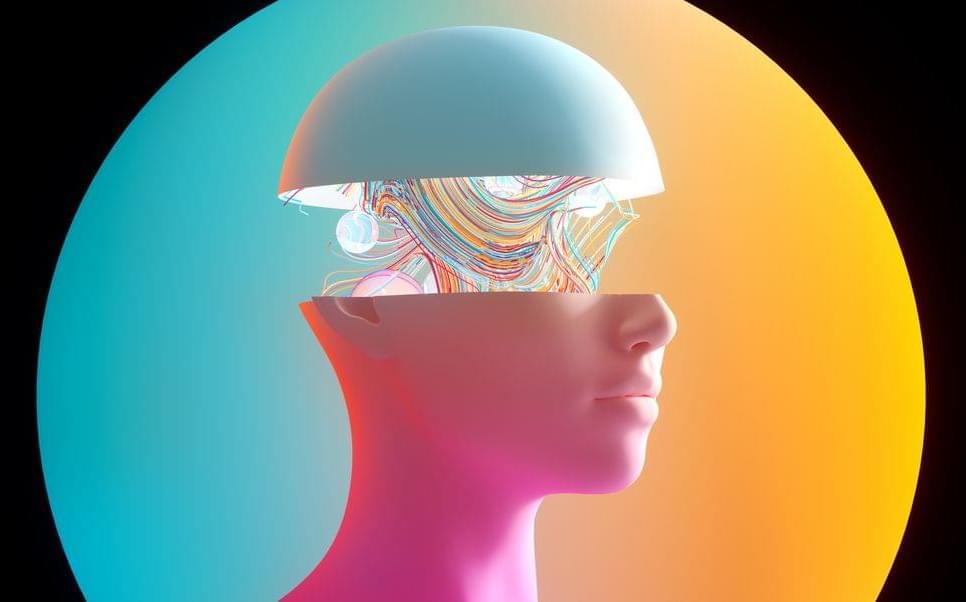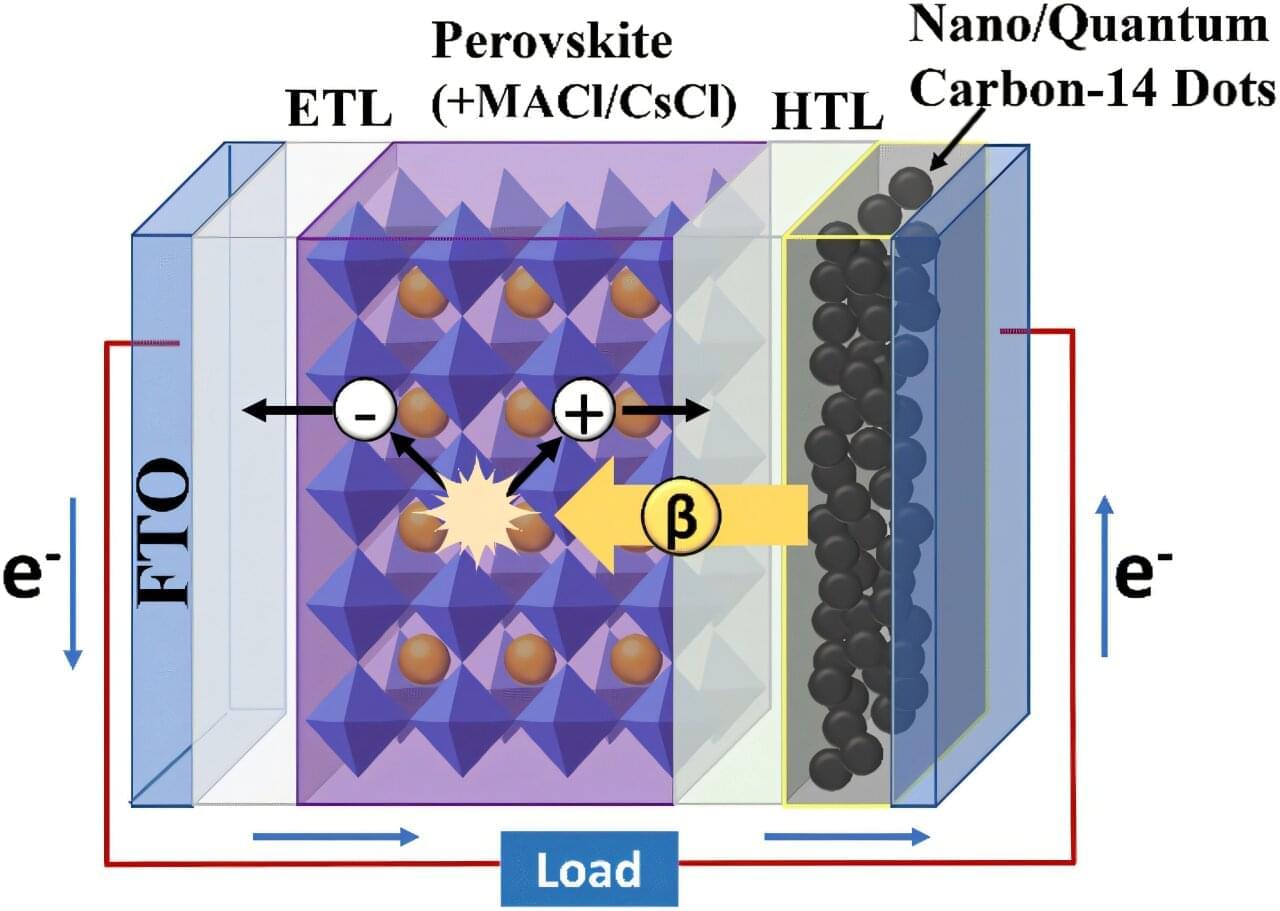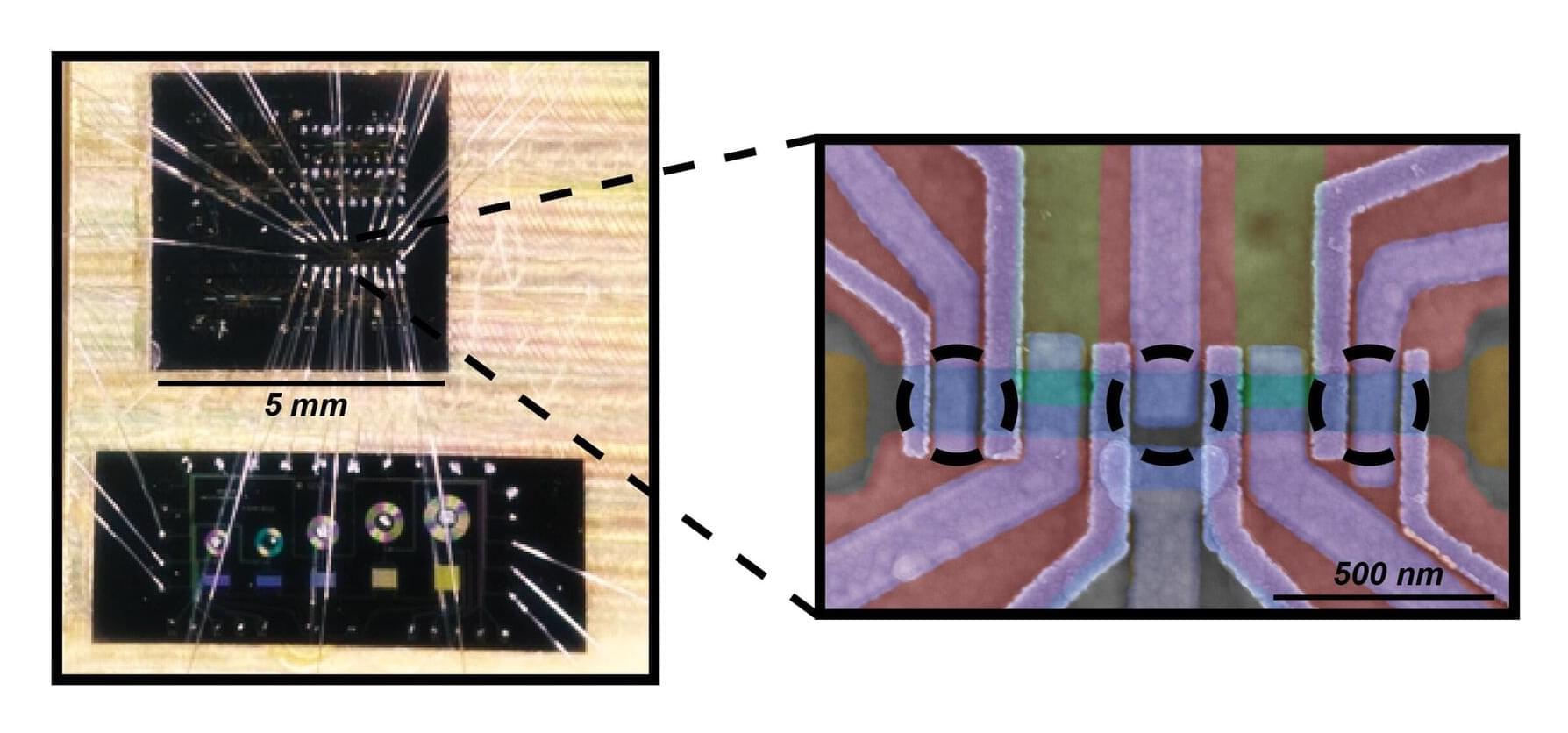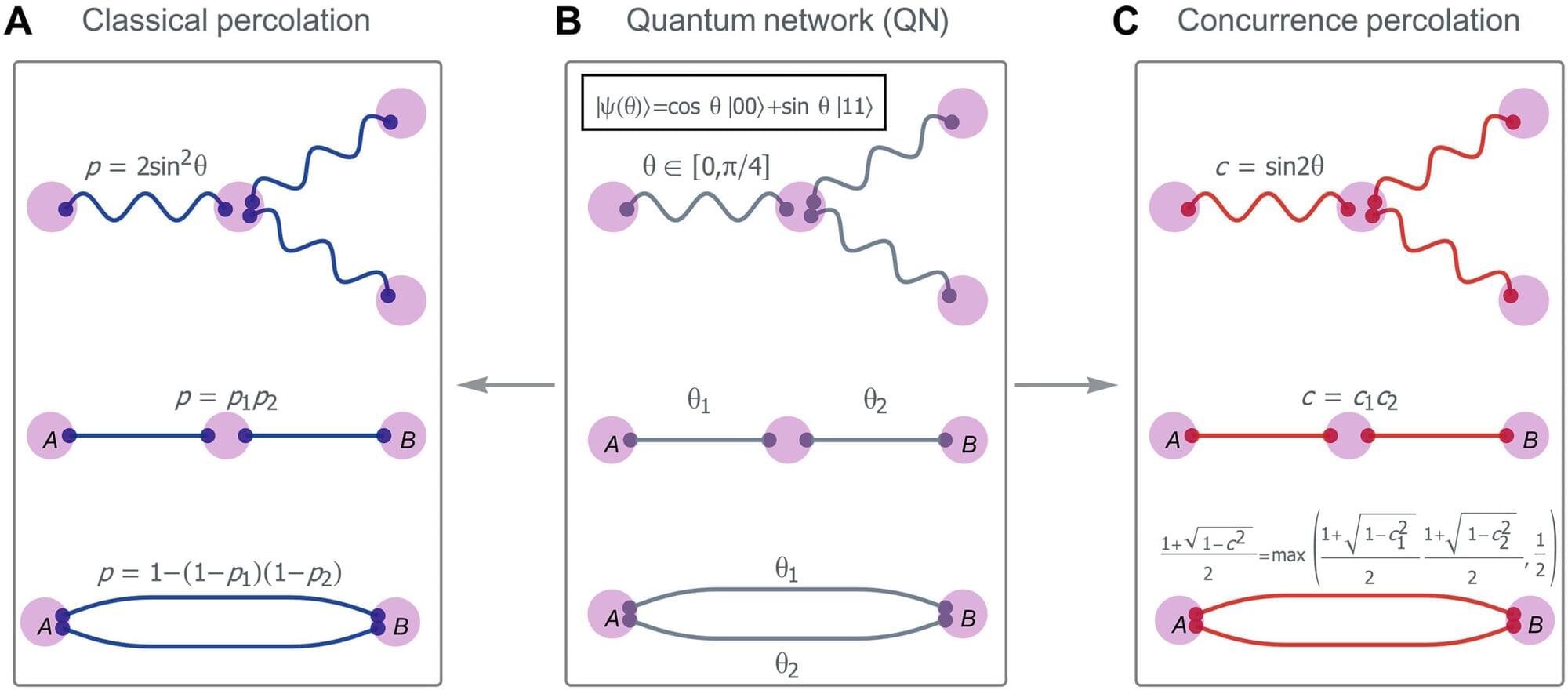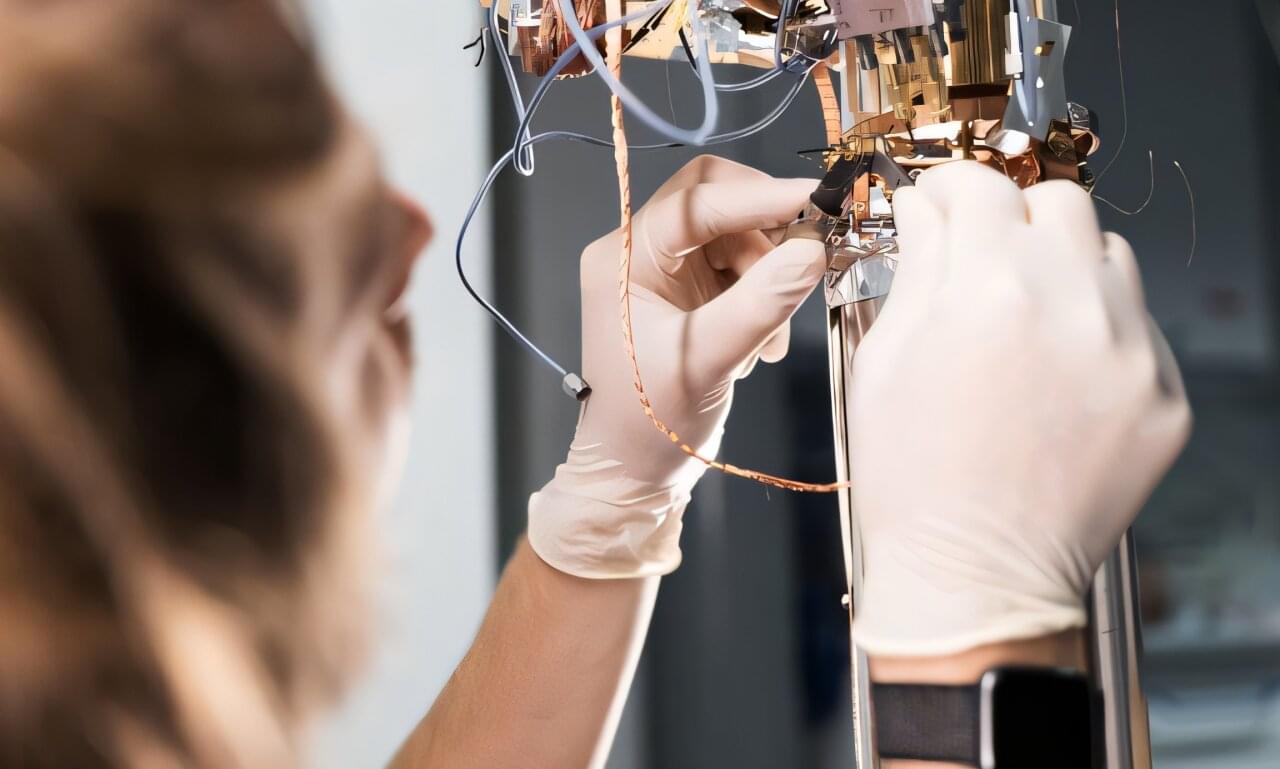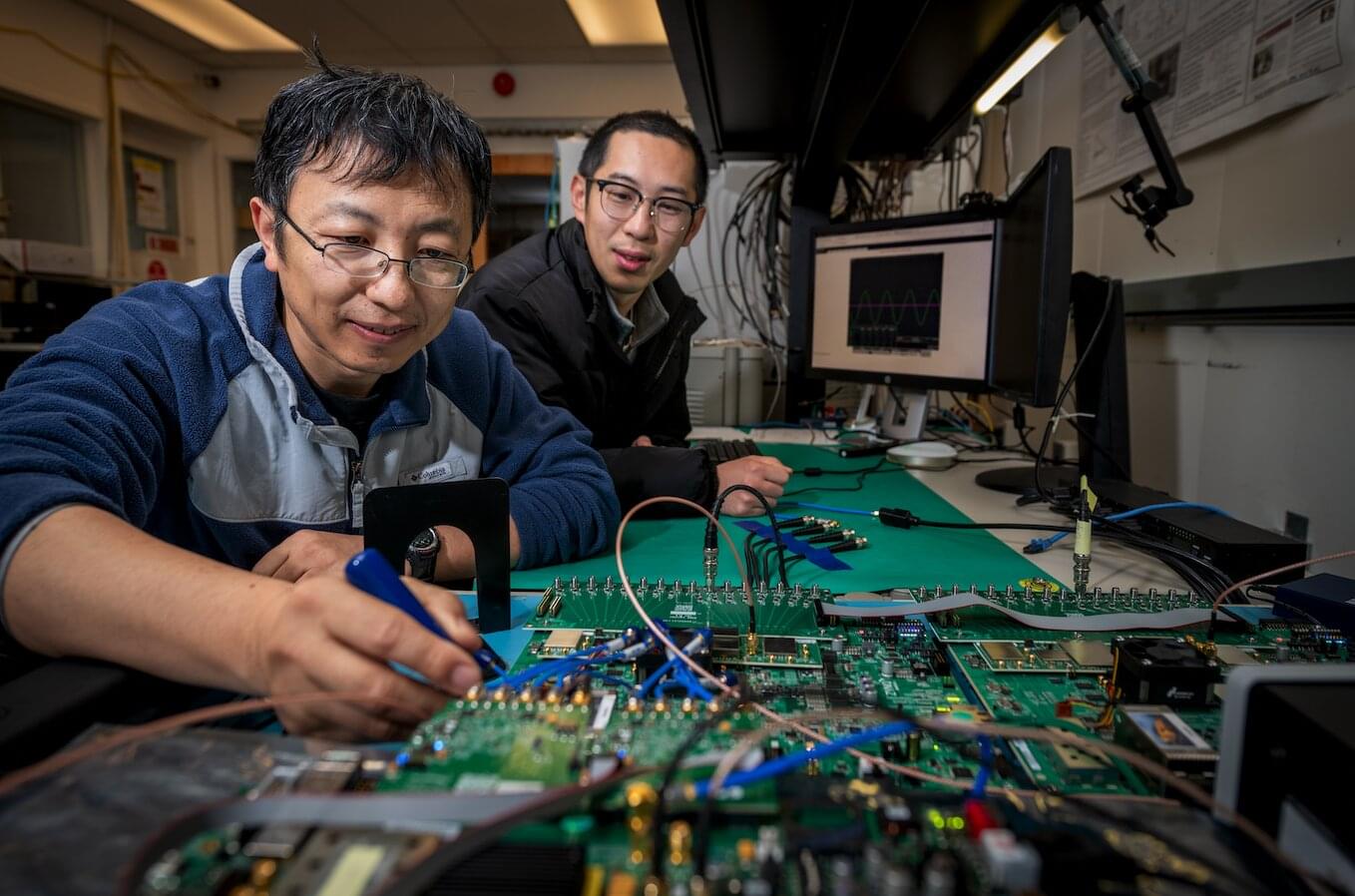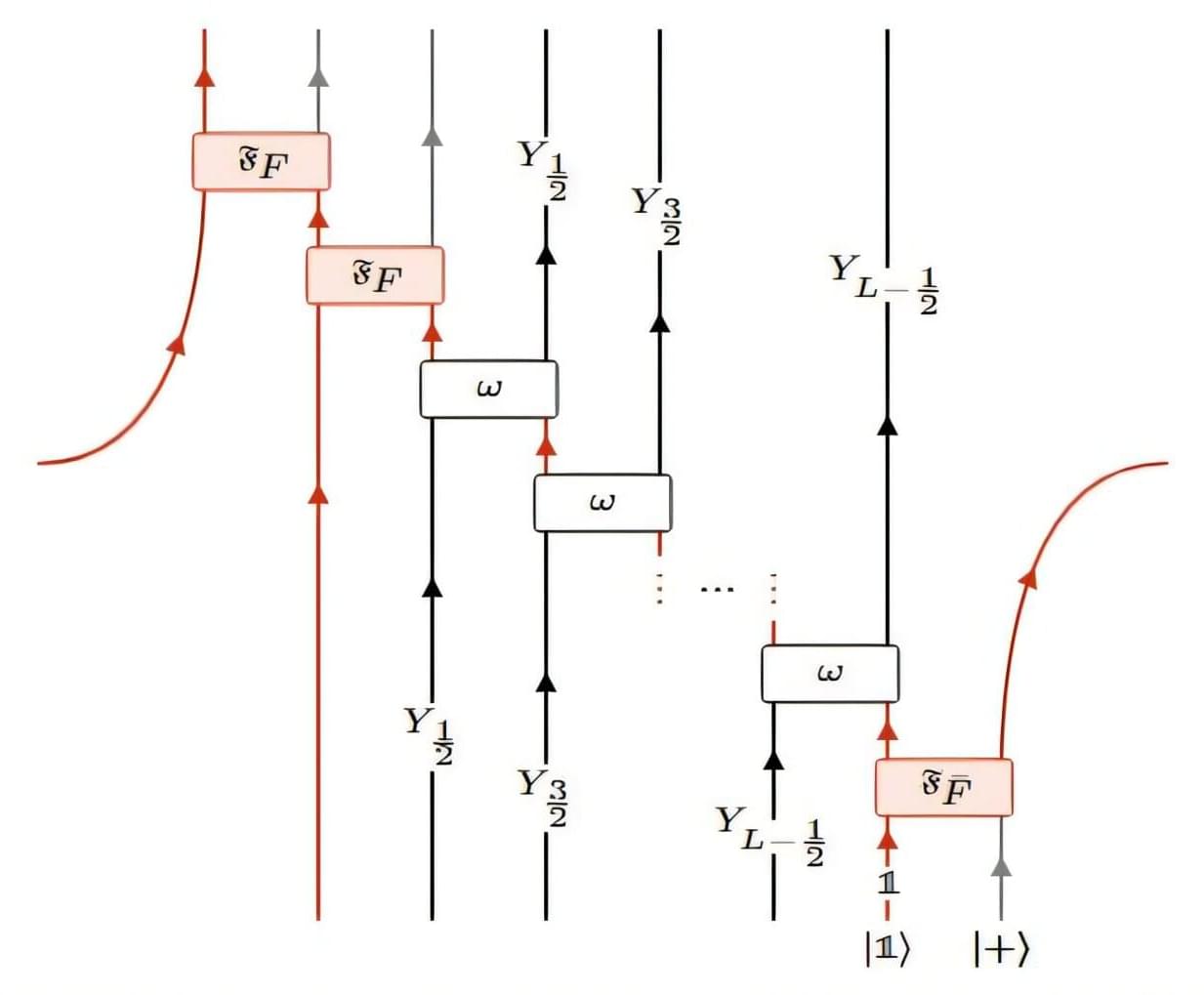The worlds of quantum mechanics and neural networks have collided in a new system that’s setting benchmarks for solving previously intractable optimization problems. A multi-university team led by Shantanu Chakrabartty at Washington University in St. Louis has introduced NeuroSA, a neuromorphic architecture that leverages quantum tunneling mechanisms to reliably discover optimal solutions to complex mathematical puzzles.
Published March 31 in Nature Communications, NeuroSA represents a significant leap forward in optimization technology with immediate applications ranging from logistics to drug development. While typical neural systems often get trapped in suboptimal solutions, NeuroSA offers something remarkable: a mathematical guarantee of finding the absolute best answer if given sufficient time.
“We’re looking for ways to solve problems better than computers modeled on human learning have done before,” said Chakrabartty, the Clifford W. Murphy Professor and vice dean for research at WashU. “NeuroSA is designed to solve the ‘discovery’ problem, the hardest problem in machine learning, where the goal is to discover new and unknown solutions.”
